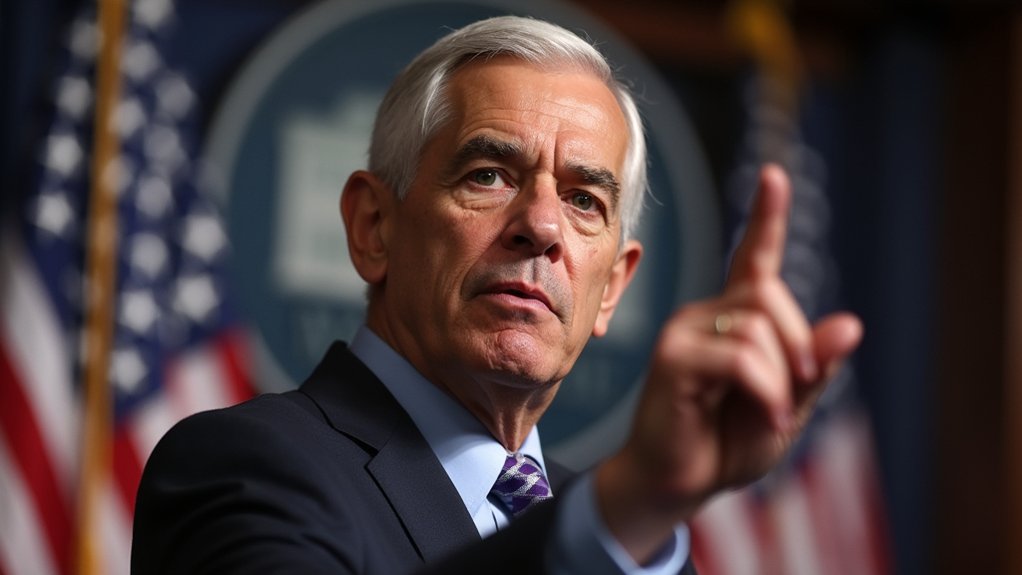Turkey’s cryptocurrency sector now operates under a regulatory microscope so powerful it could probably spot a satoshi from orbit, as the country’s Capital Markets Board released a detailed framework in March 2025 that transforms what was once a relatively freewheeling digital asset landscape into something resembling a traditional financial institution—complete with minimum capital requirements that would make a small bank blush and withdrawal delays that give new meaning to the phrase “patience is a virtue.”
Turkey’s crypto regulations are so thorough they could practically detect digital dust particles from space.
The new rules, codified in two weighty communiqués (III-35/B.1 and III-35/B.2), impose licensing requirements on Crypto Asset Service Providers that include 150 million Turkish Lira in capital for exchanges and a staggering 500 million lira for custodians—figures that, at roughly $4.1 million and $13.7 million respectively, suggest Turkish regulators believe running a crypto business should require approximately the same financial commitment as launching a small airline.
The regulatory architecture extends beyond capital requirements into operational minutiae that would impress even the most detail-oriented compliance officer. CASPs must implement Know Your Customer protocols for transactions exceeding 15,000 lira (roughly $425), while withdrawal processes now feature mandatory waiting periods of 48 hours for standard transactions and 72 hours for first-time withdrawals from new accounts—timing restrictions that effectively transform crypto’s promise of instant transactions into something approaching traditional banking speeds. Platforms must maintain liquidity reserves equivalent to 3% of customer assets under custody to ensure operational stability.
Anti-money laundering measures permeate every aspect of the framework, requiring detailed transaction records, pricing behavior monitoring, and user declarations regarding transfer sources and purposes. Daily limits on stablecoin transfers further constrain liquidity, while the requirement that CASPs maintain transparent ownership structures and clean financial backgrounds creates barriers to entry that favor established financial entities over crypto-native startups. The Financial Crimes Investigation Board enforces these stringent AML regulations alongside other compliance requirements.
Despite these extensive restrictions, Turkish crypto investors appear largely undeterred, continuing their digital asset activities with minimal disruption. The persistence of market participation reflects broader economic pressures: rising inflation and the Turkish lira’s ongoing depreciation have created conditions where even heavily regulated cryptocurrencies remain attractive alternatives to traditional currency holdings. Meanwhile, the global stablecoin market continues its dramatic expansion, reaching approximately $228-$251 billion in total market capitalization in 2025, demonstrating the sustained demand for digital currency alternatives worldwide.
This regulatory approach positions Turkey among emerging markets attempting to harness crypto’s benefits while mitigating perceived risks through institutional-grade oversight.








